First Empires is smooth as margarine, with no nooks, crannies, or ledges to get caught on as you play. If you’re the type of person looking for a frictionless area control game that wraps up in a tight 45-60 minutes, you will likely enjoy this—go forth and enjoy yourself.
However, if you are like me, and the sharpness and pain associated with area control games is one of your primary draws to the genre, First Empires is an unfortunate disappointment.
An overview of how it works: Each player is an ancient empire with an asymmetric player board displaying five tracks. The 1st track dictates how many dice you get to roll (more on this in a moment), the 2nd how many rerolls you get, the 3rd how many moves you have, the 4th gives you objective card draws, and the 5th governs how many pieces you have on the board. Everyone starts at the bottom of their tracks, and each player’s track values are shifted for a slight advantage in one column at the expense of others. One player starts with more pieces on the board, for example.
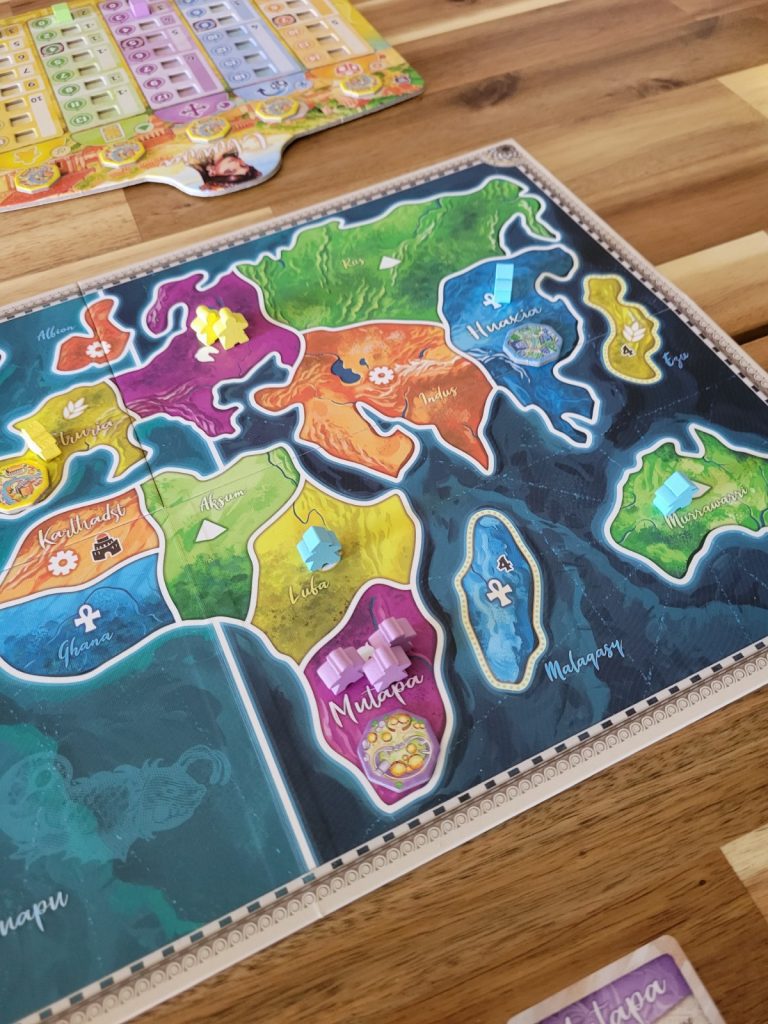
Each round, players take a turn, and on their turn, they roll their dice, execute rerolls, move, and then advance on their tracks. Like Kitara, one of Eric B. Vogel’s previous designs, you don’t blow up other people’s pieces—attacks are simple counting affairs where the loser’s pieces are sent back to a friendly territory of their choice. You need more pieces than your opponent to conquer a territory, and there is a die face that supplements your total as well.
Once you’ve grabbed your territories, you upgrade your tracks. You need to control space and have a matching die face. So, if you control two green spots, and have two green die rolls, you get two moves on the green track. Sometimes, when you upgrade to a spot, you place a little city of your color on the board, which are the only hidden points in the game. When people conquer your cities, they take them for endgame scoring.
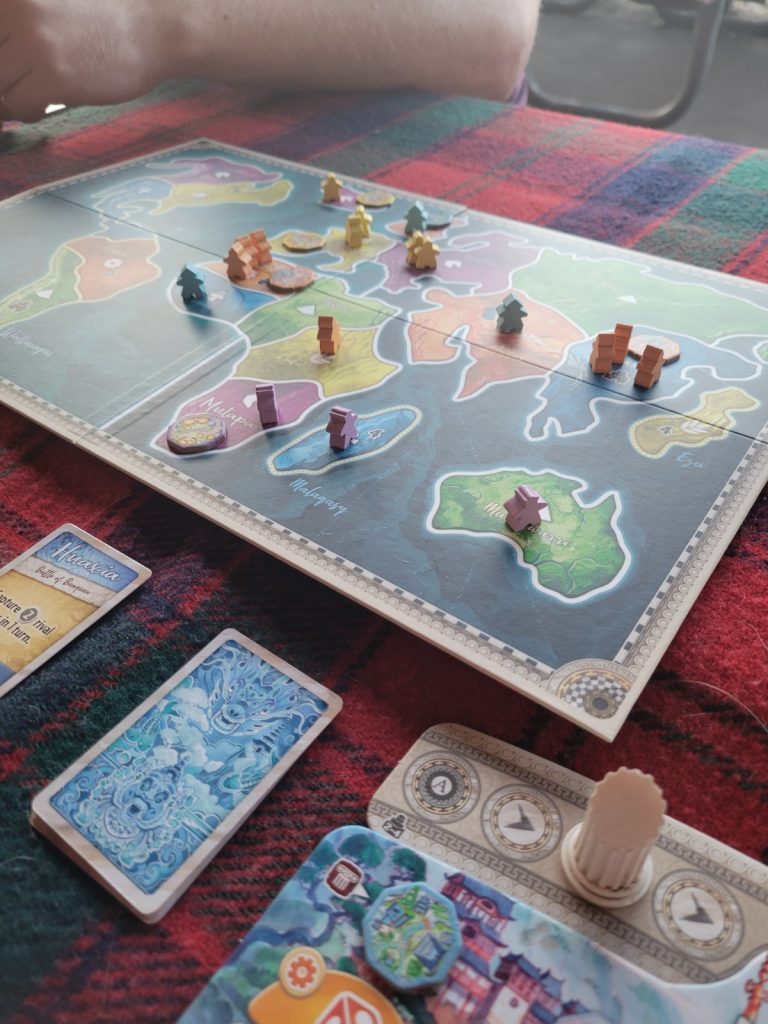
You play eight rounds, and when you’ve done that, everyone totals up points from how far they’ve advanced on tracks, cities they held of their own, cities they conquered, and any objective cards they accomplished (these cards can be completed at any time on a player’s turn).
If it sounds easygoing, that’s exactly what it is. This is a design with all rough edges polished away. If you don’t like your die rolls, you can reroll, and also burn objective cards to turn to the face that you want. You never have the pain of losing anything but a few incremental points when a city is taken from you, and even if you fail to execute your plan you get the pleasure of advancing on tracks regardless.
The smoothness comes at a cost: friction, conflict, and frustration, which are the key cornerstones of any design where you’re ostensibly supposed to be beating each other up and controlling territory for gain. Of course, there are many games that break this formula, as Inis, one of my favorites, does.
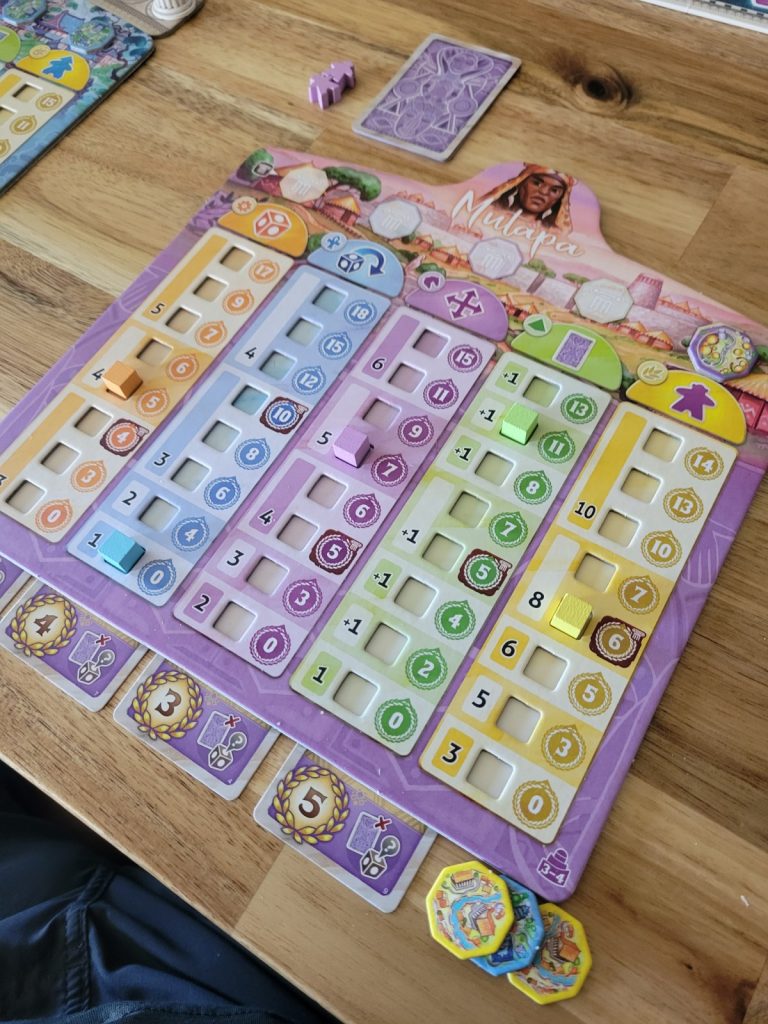
However, the difference between First Empires and other area control games is that Vogel’s response to classic “problems” in area control design (negative interaction, kingmaking, temporary alliances, etc) is to file them down so well that there is simply nothing to get emotional about. You are not encouraged to take big gambits, to make foolhardy attacks, to behave unreasonably. The tensions these systems create have been engineered away.
This is part of the trouble with making artistic creation (game design, in this instance) synonymous with fixing the perceived “problems” with a genre. I think they’d be better defined as questions—and approaching them as such makes the difference between confronting a player with a kingmaking situation versus paternalistically taking away their ability to have an unpredictable response to a conflict.
I try not to get prescriptive about what a game “should be,” but First Empires makes such an effort to address the common complaints with “dudes on a map punching each other games” that its only statement about the genre is complete silence and the shuffling of pieces around, with the occasional minor hiccup. If this is what you’re looking for—a conflict-less game of controlling-territory-but-not-really, it might be worth checking out. The components are certainly nice.


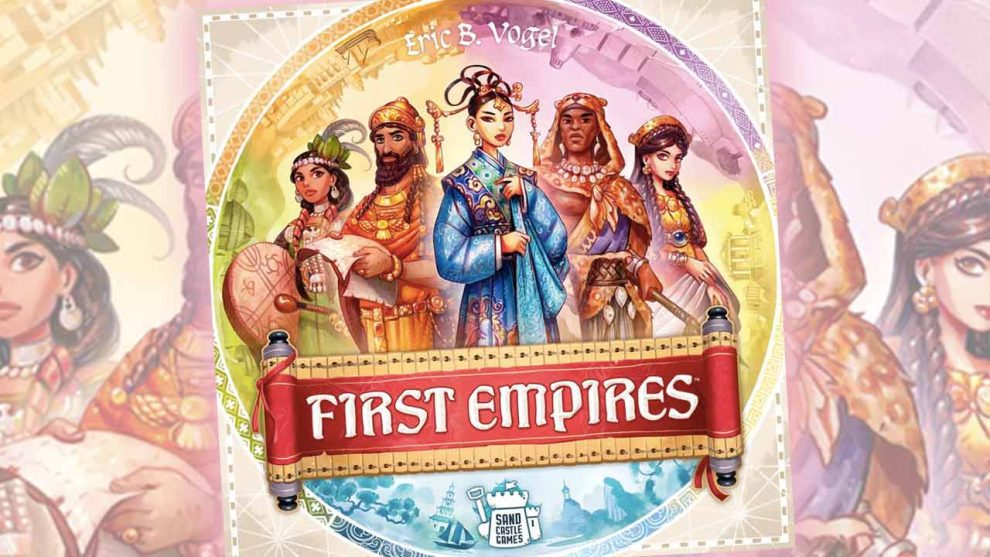

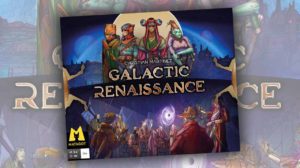







Add Comment